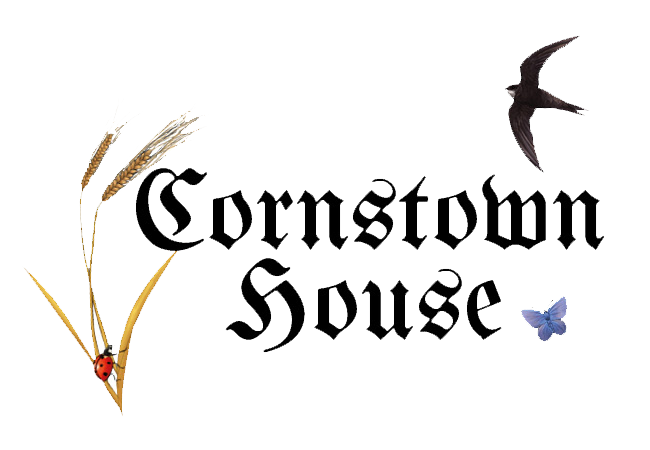- They are endearing and lovable, providing pleasure and joy for their carers.
- They can be run on uneconomic ground that is unsuitable for cloven-hoofed animals such as sheep, cows and goats.
- They are easily fenced, showing little or no desire to break out.
- Used to the cold and harsh conditions of the Altiplano in South America they need little protection or housing other than either trees or hedges to protect from strong winds.
- They require relatively little daily attention. The care of even a large herd, such as ours, can be combined with a full time job.
- They are fastidious, leaving their droppings in specific dung piles and eating from the rest of the field, thus rarely getting worms and so only needing to be wormed twice a year.
- The rarely get fly blown (fly strike) or need crutching.
- The females generally produce one cria (young) a year with very little trouble and birthing normally takes place during daylight hours.
- Young gelded males are the least expensive and make delightful pets and lawn mowers. They are also ideal for those people whose sole interest is in fleece, rather than in breeding
- The one species to which alpacas are aggressive is foxes. Both male and female alpacas can be used to run with a flock of sheep to protect the young lambs or to protect free-range ducks, hens or other poultry from foxes.
- The female crias will be ready to breed at approximately 14 months of age and so rapidly increase in value.
- The (intact) males are tame (unlike bulls), do not smell (unlike goats) and gentle.
- The animals are not used for meat (except in South America) and thus no slaughter is involved in owning and breeding them.
- They all produce a very strong and wonderfully soft fleece that is shorn annually and is much in demand by the luxury fashion industry and by cottage and hobby spinners.
- They make wonderful pets or show animals on hobby farms or holiday homes.
- A profitable and thoroughly enjoyable hobby-turned-business enterprise can be run on very little land, even of indifferent quality, and by people with little or no prior training in agriculture.
- They also offer an excellent alternative income source for people already on the land and looking for a way to diversify.


